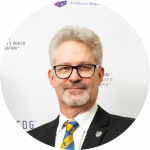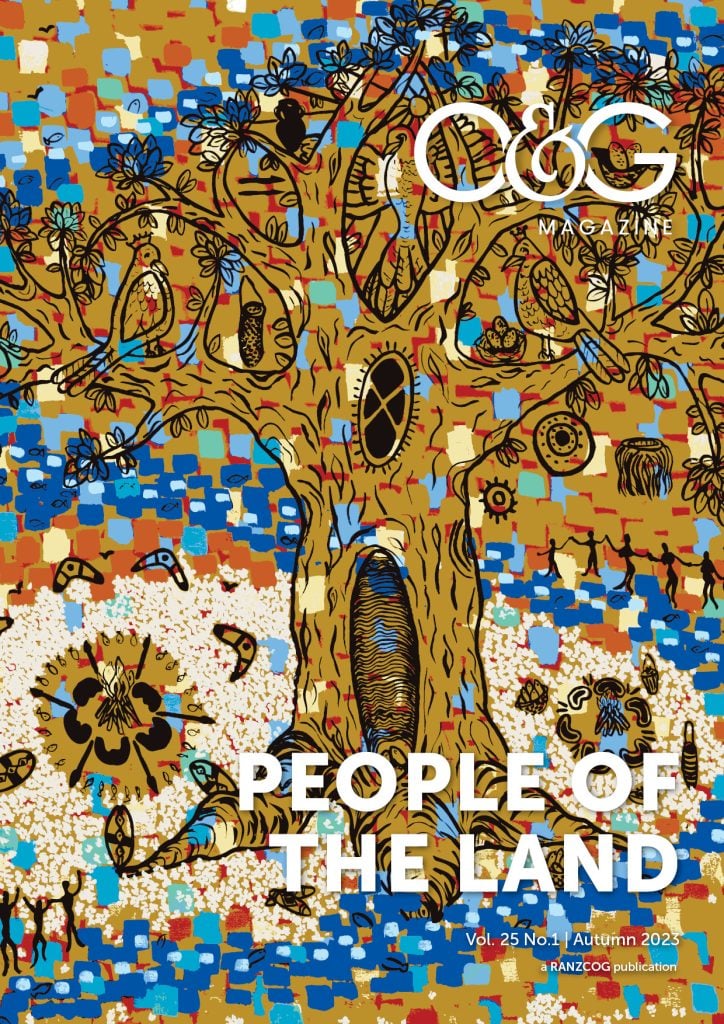The one constant throughout human history has been relentless change involving movement, migration, encroachment, colonisation, or invasion. What we then have is historical and ongoing, permanent consequences of the newcomer’s culture for those who were there prior.
Indigenous peoples are culturally, physiologically, and immunologically adapted to their home, its food resources and its environment, and the nature of their existence reflects those realities. As the Australian Institute of Health and Welfare says, for Aboriginal and Torres Strait Islander people, good health is more than the absence of disease or illness; it is a holistic concept that includes physical, social, emotional, cultural and spiritual wellbeing, for both the individual and the community.
This edition of O&G Magazine addresses some of the contemporary challenges in First Nations Health – we are grateful to all who have contributed.
Last year I had the privilege of attending the Aotearoa New Zealand Annual Scientific Meeting in Christchurch. This is a very well organised and received event, and thanks goes to the organising committee, College staff, presenters of lectures and posters, and to our generous trade display and
event sponsors. Our New Zealand colleagues are showing the way in tackling the challenges of First Nations health.
The important focus is on more than the obvious medical and the physical needs but also the cultural. RANZCOG is committed to advancing cultural awareness, sensitivity, and safety for First Nations people through education, advocacy, and recognition of diversity.
In September last year I attended the Pacific Society for Reproductive Health (PSRH) conference in Samoa. The commitment of women’s healthcare workers to their communities across the Pacific and their ability to provide care with limited resources is inspirational. The College remains determined to continue its engagement with our colleagues in the Pacific through ongoing financial, advocacy and resource assistance.
The key to anchoring permanent improvement and engagement for First Nations people within any health system is that the system, particularly its providers, also reflect the culture and language of those consumers.
Commencing work this year, RANZCOG’s Cultural Safety Steering Group will steer the College to embed cultural safety across all aspects of RANZCOG training programs, education frameworks, codes of conduct and professional standards, and suggest ways in which culturally safe practice can be best included in RANZCOG activities and through the development and revision of existing RANZCOG statements, guidelines and other documents.
Through the efforts of the College’s Aboriginal and Torres Strait Islander Working Group and He Hono Wāhine committee, along with engagement of other stakeholders including the Australian Indigenous Doctors Association (AIDA) and Te ORA, RANZCOG is working to have our First Nations College membership reflect First Nation population percentages across Australia and New Zealand.
We hope you enjoy this edition of O&G Magazine!





Leave a Reply